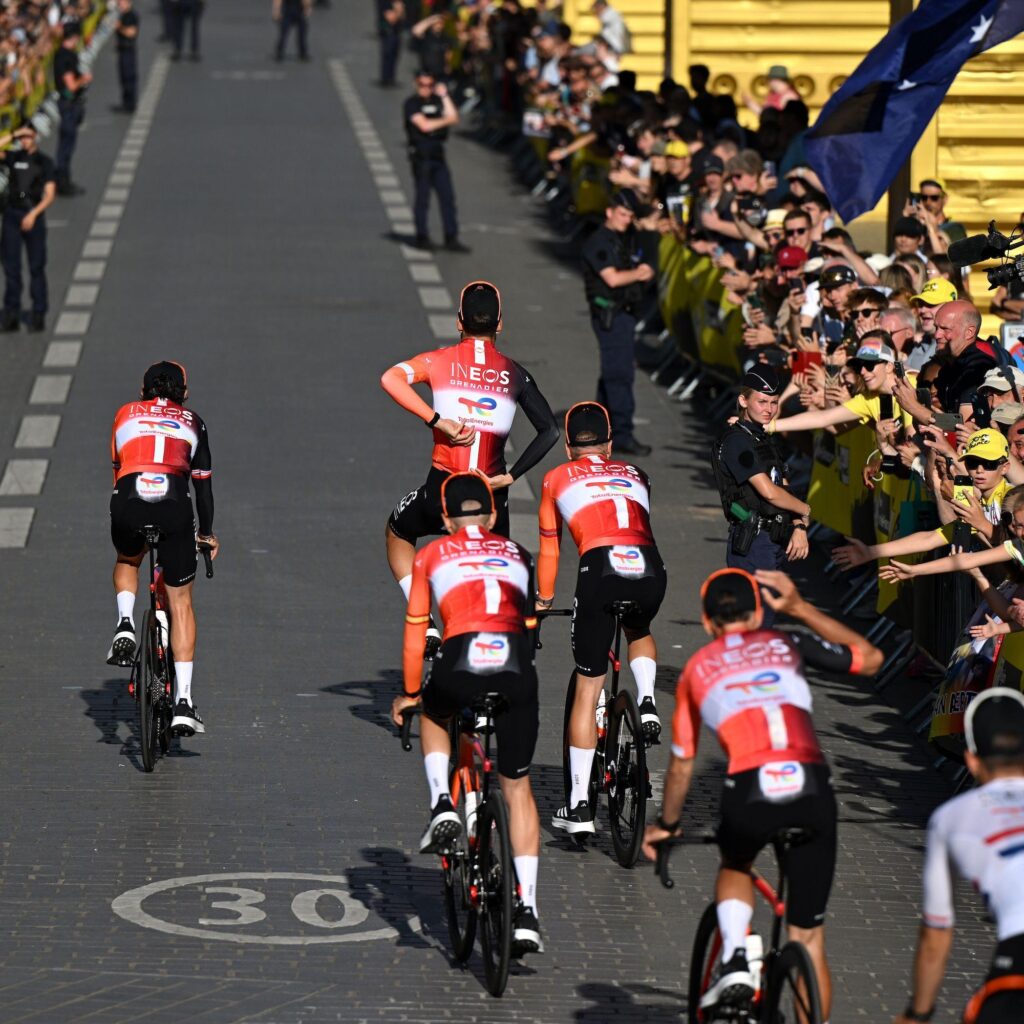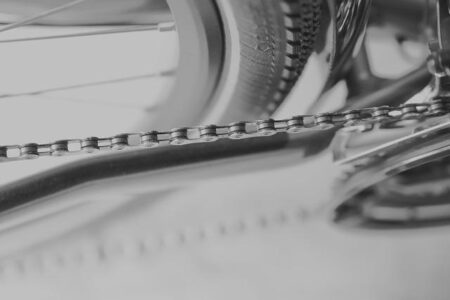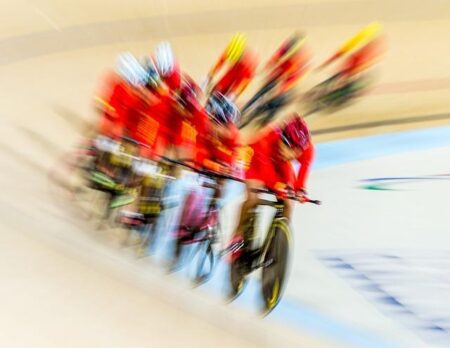In a significant development at the Tour de France, the Ineos Grenadiers cycling team has announced the departure of their head soigneur amid a backdrop of serious historical allegations. The decision comes just as the world’s most prestigious cycling race reaches its peak, raising questions about the team’s internal dynamics and the integrity of its operations. As investigations unfold, the former soigneur is set to be interviewed regarding claims that have resurfaced, potentially casting a shadow over the team’s reputation. This article delves into the implications of this departure, the nature of the allegations, and what it could mean for the Ineos Grenadiers as they navigate this turbulent chapter in their storied history.
Ineos Grenadiers Soigneur Steps Away from Tour de France Amid Ongoing Allegations
The Ineos Grenadiers cycling team has confirmed that their head soigneur will be stepping away from the Tour de France amidst ongoing allegations that have emerged from past incidents. The decision comes as a precaution while investigations unfold. This unexpected move has raised eyebrows within the professional cycling community, prompting discussions about team accountability and the integrity of support staff. Notably, the soigneur has been responsible for the physical and emotional well-being of cyclists, a role that carries immense responsibility.
As the situation develops, the team has committed to full transparency and cooperation with relevant authorities during the inquiry. Key points surrounding the allegations include:
- Nature of Allegations: Historical claims concerning conduct that dates back several years.
- Team Response: Affirmation of support for those involved while ensuring due process.
- Impact on Team: Questions regarding the potential effects on team dynamics and preparation as the race continues.
The upcoming interviews and investigations are expected to draw significant media attention, placing additional pressure on the Ineos Grenadiers as they navigate this challenging chapter in their history.
Investigating the Impact of Historic Allegations on Team Dynamics and Athlete Welfare
The departure of the Ineos Grenadiers head soigneur from the Tour de France has revived discussions surrounding the atmosphere within the team and the broader implications for athlete welfare. With allegations from the past resurfacing, concerns have emerged about how such incidents might affect team cohesion and the mental well-being of the athletes. Team dynamics can be heavily influenced by external controversies, leading to potential rifts among members who may feel differently about the situation. This scenario raises questions about whether the focus can remain on performance amidst uncertainty and emotional stress.
In light of these developments, stakeholders including cycling organizations, team management, and athletes themselves must navigate a complex landscape. The impact can extend beyond immediate competition, fostering a climate where trust and unity are strained. Key considerations in mitigating these effects include:
- Open communication among team members
- Support mechanisms for athletes facing mental and emotional challenges
- Proactive measures to address allegations and ensure a safe environment
| Area of Concern | Impact on Athlete Welfare |
|---|---|
| Team Trust | Can lead to decreased morale and performance. |
| Support Systems | Essential for aiding athletes in coping with stress. |
| Management Response | Determines how effectively a team can recover from controversy. |
Recommendations for Enhanced Support Structures and Transparency in Professional Cycling
The departure of Ineos Grenadiers’ head soigneur amidst a cloud of allegations marks a significant moment for the cycling community, underlining the urgent need for robust support structures within the sport. Establishing a comprehensive framework is essential to create a safe and transparent environment, fostering trust among athletes, staff, and fans alike. Some strategies that could be considered include:
- Implementation of Independent Oversight: A third-party body should oversee team operations to ensure adherence to ethical practices.
- Mandatory Reporting Mechanisms: Establish clear channels for reporting misconduct, ensuring anonymity and protection for whistleblowers.
- Regular Training Programs: Offer continuous education on ethics and integrity for all team members to maintain high standards of behavior.
Additionally, enhancing transparency will encourage accountability at all levels of professional cycling. Introducing standardized protocols for addressing allegations can help build a culture where integrity is prioritized. A possible framework includes:
| Action Item | Objective |
|---|---|
| Establish a Clear Code of Conduct | Define acceptable behaviors and consequences for violations. |
| Regular Transparency Reports | Publicly share team conduct and any incidents reported. |
| Increased Athlete Participation | Involve athletes in decision-making processes regarding policies affecting their welfare. |
The Way Forward
As the cycling world turns its gaze toward the aftermath of this year’s Tour de France, the departure of Ineos Grenadiers’ head soigneur raises pressing questions about the governance and ethical standards within professional cycling. Allegations of past misconduct have emerged, prompting an official interview that could have significant implications not only for the individual involved but also for the team’s reputation and the broader integrity of the sport. As the investigation unfolds, both fans and cycling authorities will be monitoring closely for further developments. The narrative of the 2023 Tour de France is now entwined with these historic accusations, reminding us of the ongoing need for transparency and accountability in the high-stakes world of competitive cycling. Stay tuned as we continue to bring you updates on this developing story.











